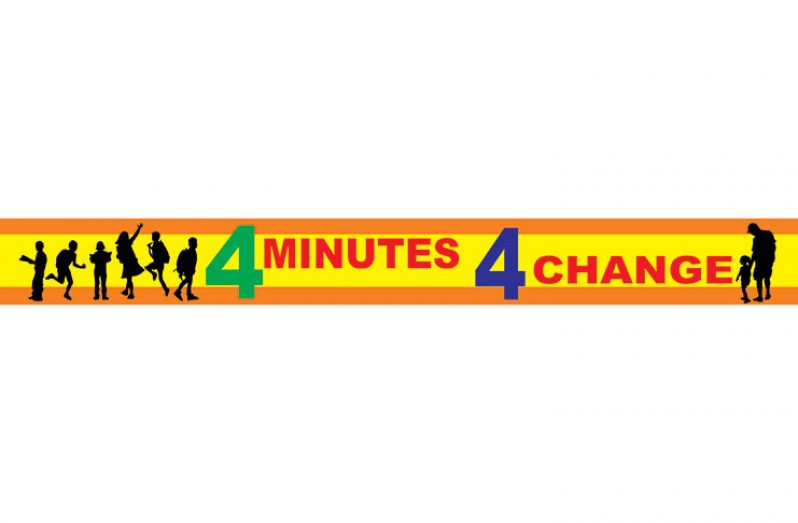IT is pretty rough growing up without adequate guidance from parents: parents are an essential part of every child’s development. Although children may not realise it, they are subconsciously depending on their parents to teach them important things about life and to show them the right way. Some parents only provide basic needs for their children, they fail to consistently ‘parent’ their children in an effective way But even teenagers who think they ‘know it all’ need parental guidance, attention and support. Do you give your child enough? See how you rate in our quiz.
1. Your eight-year-old son is learning the guitar, but every evening while you are trying to relax, he’s making noise, do you:
a) Tell him to stop or you’ll break his guitar into pieces?
b) Work out a schedule together where he can practise for one hour every other evening and then its ‘quiet time’?
c) Hide the guitar to cut down on how often he practises?
2. Your three-year-old daughter used a permanent marker to scribble on her grandmothers newly painted wall, do you:
a) Explain to her that certain areas are out of bounds and buy her a drawing book and crayons for her future ‘works of art’?
b) Slap her hand, tell her she is naughty and has put you in a lot of expense?
c) Tell her that she should know better at her age and she has let you down?
3. You overhear your 11- year- old telling her friend that she misses her estranged father and would like her parents to reunite, do you:
a) Burst into her conversation and tell her there’s no chance of that and she must not talk out family business with her friends?
b) Phone her father and tell him it’s his fault why his daughter is so unhappy?
c) Wait for the right time to tell your daughter you heard what she said and discuss her feelings with her?
4. Your 15-year-old son has a close female friend who he refers to as his ‘girlfriend’ and you are wondering just how ‘friendly’ they really are, do you:
a) Wait for the right time and confront him on the issue, while setting clear boundaries and guidelines for what his main focus should be?
b) Accept the ‘girlfriend’ title as teenage banter and don’t take it too seriously?
c) Tell him to study his books and when he passes his Masters’ then he can have a girlfriend?
5. Your teenage daughter is always looking in the mirror. She is obsessed with how she looks and yet, still never satisfied with it, do you:
a) Leave her alone because most teenagers have similar issues and hope that she grows out of it?
b) Ask your beauty therapist neighbour to help her?
c) Talk to her when she seems relaxed: aim to put ‘beauty’ in the right context and try to build her confidence in other areas other than just her looks?
6. Your older son aged 12 is not half as bright as his younger brother aged 10 and it is quite apparent, do you:
a) Assure them through your actions that they are loved equally and help both of them with their work when required?
b) Tell them what you expect them to achieve and push them both to attain equally high marks?
c) Accept that the older boy is a failure and just concentrate on the younger one?
.
ANSWERS:
1 b) Encourage children in their creativity and leisure activities, support them and give them incentives.
2 a) Young children like to be expressive; give them materials and resources to encourage their creativity
3 c) Children who are hurt emotionally, sometimes find it easier to speak to friends rather than family about their pain; they need patient and understanding adults to confide in.
4 a) Grown-ups should always set the record straight, so children know where they stand and what is expected; children need guidance and boundaries.
5 c) Teenagers need to be guided and sometimes even brought back down to earth, parents must monitor their activities and uphold a sense of ’reality.’
6) a) Children are individuals, therefore siblings should not be compared or made to feel the need to compete. Help children to learn in their own way at their own pace.
If you are concerned about the welfare of a child you can ring the CPA hotline 227 0979 or email chilcaregy@gmail.com
A Message from the Childcare and Protection Agency, Ministry of Social Protection





.jpg)








